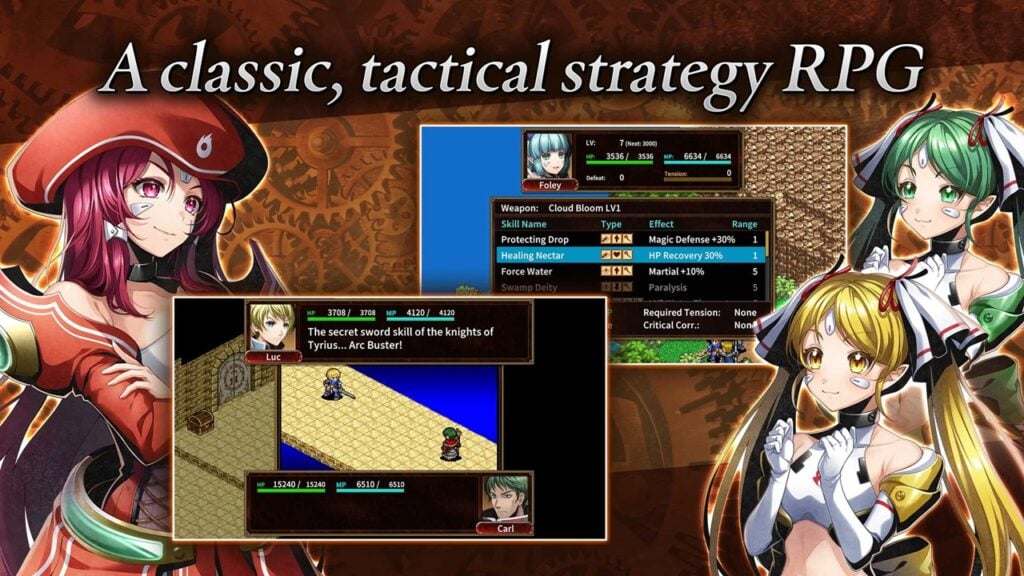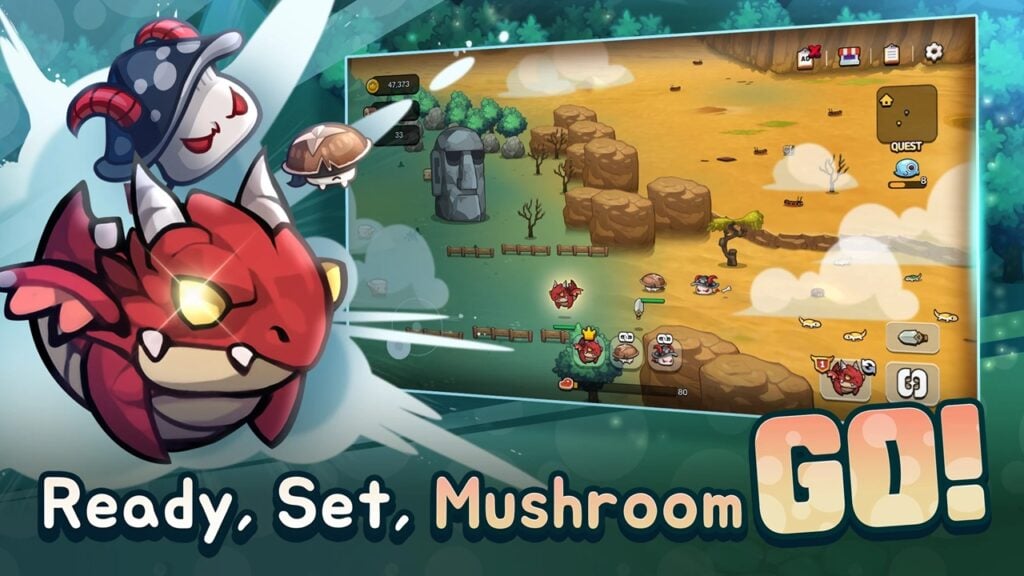"Nintendo Simplifies Transition to Switch 2 for All Users"
Ever since Nintendo officially unveiled the Switch 2, anticipation has been building for the upcoming April Direct, where we expect to learn the official release date, price, and confirmed game lineup. However, the unexpected arrival of another Nintendo Direct just a week before the big event, featuring major titles like Pokémon Legends Z-A and Metroid Prime 4, took many by surprise. Yet, given Nintendo's commitment to backward compatibility, perhaps it shouldn't have been so shocking.
Prior to this week's Nintendo Direct, Nintendo set the stage by stating, "There will be no updates about Nintendo Switch 2 during the presentation." While technically accurate – the Switch 2 was only mentioned in relation to the upcoming Direct and the new Virtual Game Card sharing system – it's not a stretch to assume that all the games showcased will be playable on the Switch 2. Even though these games are officially slated for the original Switch, the implications are clear.
This approach is a win-win for everyone. Fans of the original Switch can look forward to a robust lineup as the console enters its eighth year, while those upgrading to the Switch 2 can enjoy an extensive back catalog from day one. Nintendo's dedication to backward compatibility promises one of the smoothest transitions between console generations we've seen. By playing it safe with the hardware, Nintendo ensures that all players are covered, whether they choose to upgrade immediately, later on, or stick with their current Switch. This inclusive strategy deserves recognition, as Nintendo welcomes everyone, regardless of their upgrade plans.
The recent Nintendo Direct, showcasing a variety of Switch games just days before the dedicated Switch 2 Direct, reflects Nintendo's confidence in their approach. Beneath the surface, they're laying the groundwork for the upcoming transition, such as the Virtual Game Card system. This update enables Switch owners to link two consoles and share digital games, a feature that mirrors Steam's family sharing system. It's particularly relevant with the rise in digital game sales, but why introduce it at the end of the Switch's lifecycle, with the Switch 2 on the horizon? The answer lies in facilitating a smoother transition to the new console.
Some have noticed the fine print for the Virtual Game Card system mentioning a "Switch 2 Edition" for certain games. This could imply exclusive enhancements or re-releases only available on the Switch 2, though the exact meaning remains unclear. Similar to Nintendo's earlier statement that "Certain Nintendo Switch games may not be supported or fully compatible with Switch 2," this fine print likely serves as a precaution for any potential unshareable games.
Overall, Nintendo's path to the Switch 2 feels like a well-orchestrated procession, akin to Apple's iPhone transitions. Upgrading isn't mandatory, but there are clear advantages for those who do, and you can seamlessly bring your existing games along for the journey.
-
Think captaining a ship is a breeze? Think again! *Dead Sails* thrusts you into the heart of nautical survival, challenging you to balance your own life, ship maintenance, treasure trading, and battling monstrous foes. Here's your ultimate guide to mastering *Dead Sails* and swiftly conquering the 1Author : Camila Apr 25,2025
-
The Duskbloods will have players take on the role of a Bloodsworn, but rest assured, it's not Bloodborne 2. Dive deeper to discover FromSoftware's vision for The Duskbloods and its unique features.FromSoftware Will Continue To Create Single-Player Focused GamesThe Duskbloods Director on Nintendo’sAuthor : Lillian Apr 25,2025
-
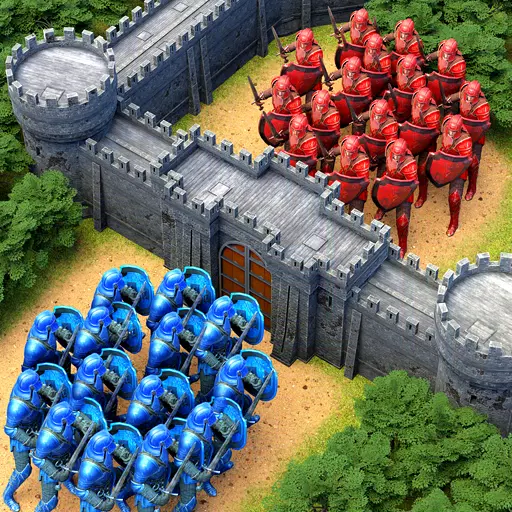 Total BattleDownload
Total BattleDownload -
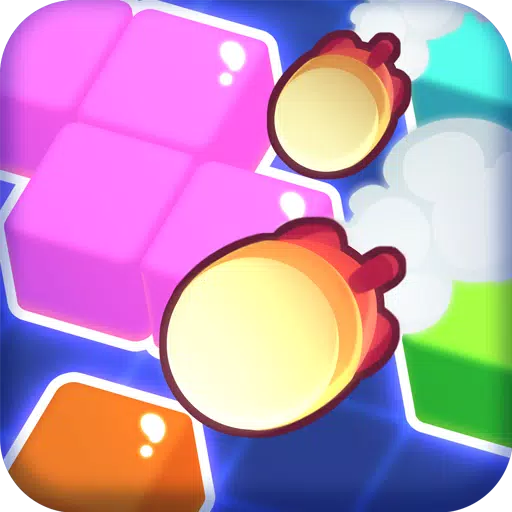 Block Blast: Tower DefenseDownload
Block Blast: Tower DefenseDownload -
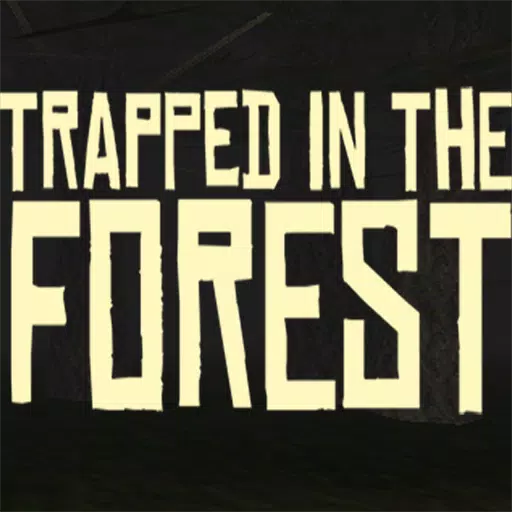 Trapped in the ForestDownload
Trapped in the ForestDownload -
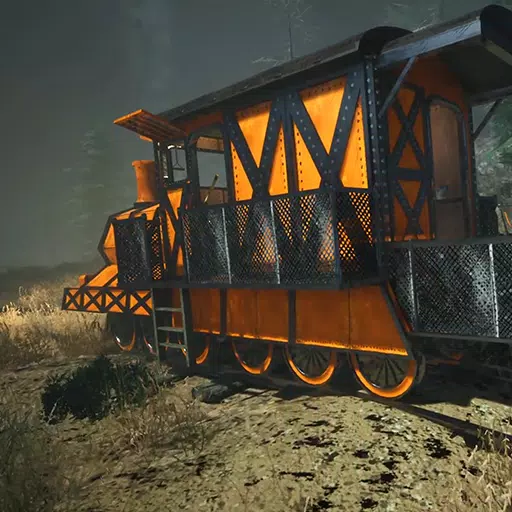 Merge Spider Monster Train ModDownload
Merge Spider Monster Train ModDownload -
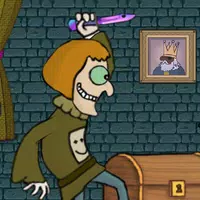 Murder: Be The KingDownload
Murder: Be The KingDownload -
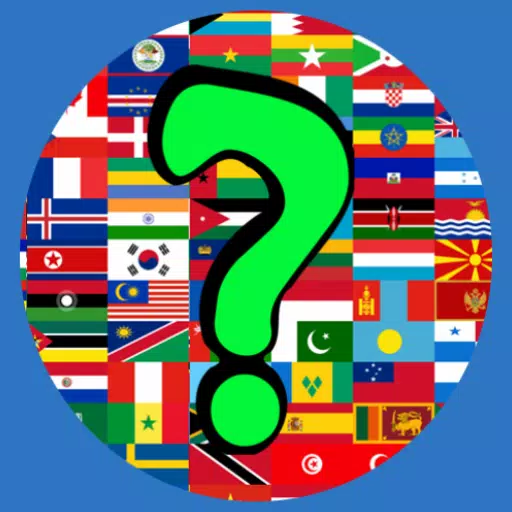 Capital City QuizDownload
Capital City QuizDownload -
 Sual CavabDownload
Sual CavabDownload -
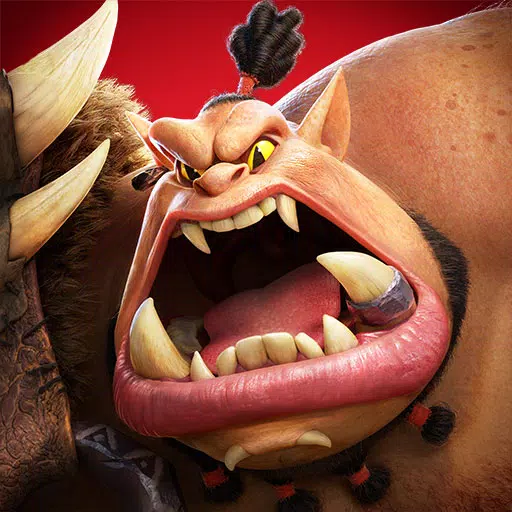 Call of Dragons - FuntapDownload
Call of Dragons - FuntapDownload -
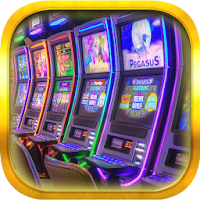 Dog-Cat Free Slot Machine Game OnlineDownload
Dog-Cat Free Slot Machine Game OnlineDownload -
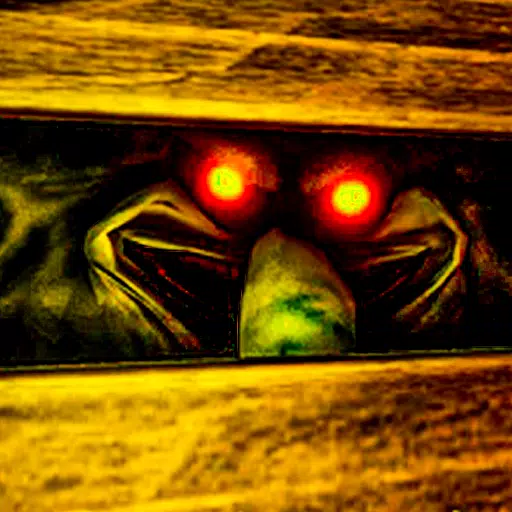 TERROR DO ESPONJADownload
TERROR DO ESPONJADownload
- Hitman Devs' "Project Fantasy" Hopes to Redefine Online RPGs
- The Elder Scrolls: Castles Now Available on Mobile
- Minecraft's 'In Your World' Mod: A Chilling Update
- Resident Evil Creator Wants Cult Classic, Killer7, to Get a Sequel By Suda51
- Deadlock Characters | New Heroes, Skills, Weapons, and Story
- Fortnite Update: Mysterious Mythic Item Teased in Latest Leak

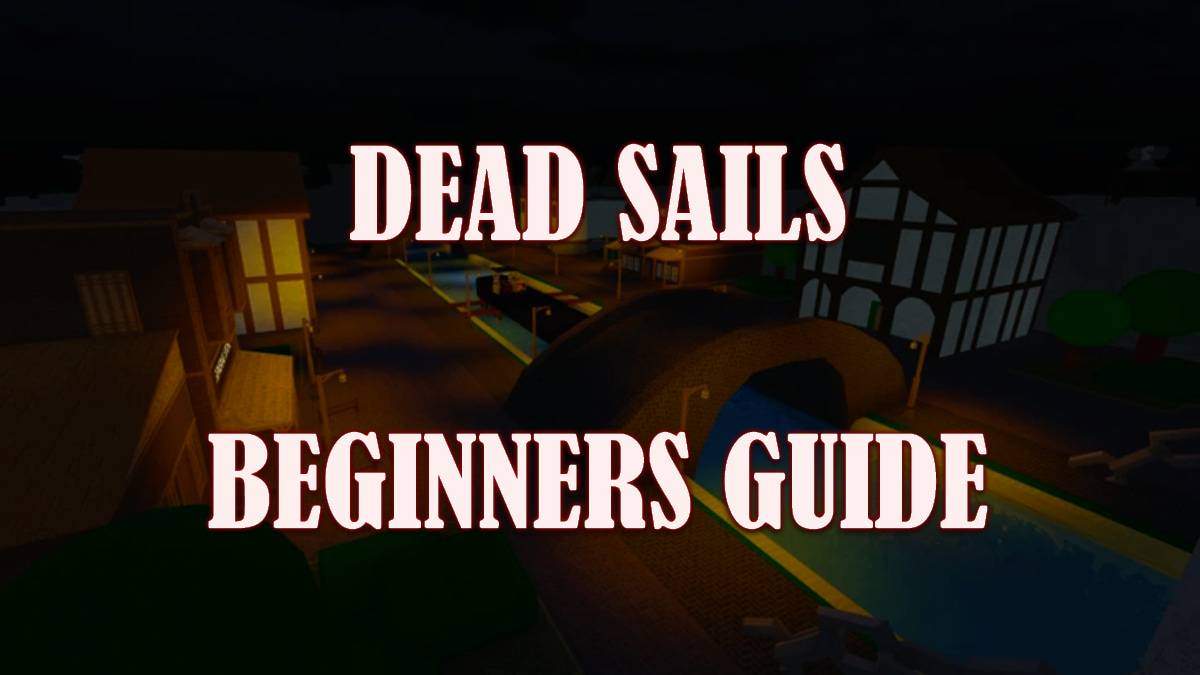
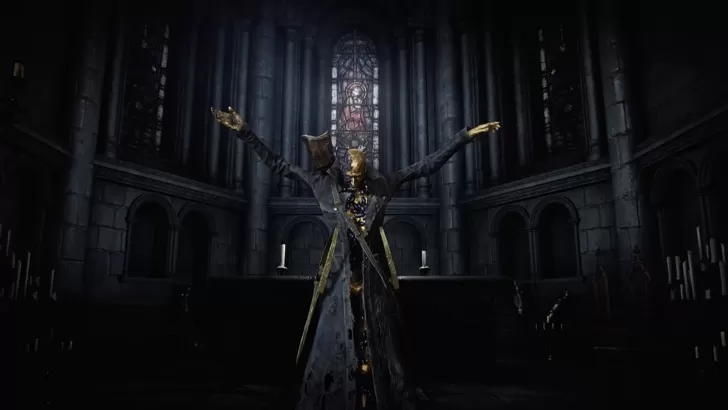
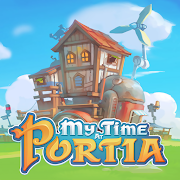


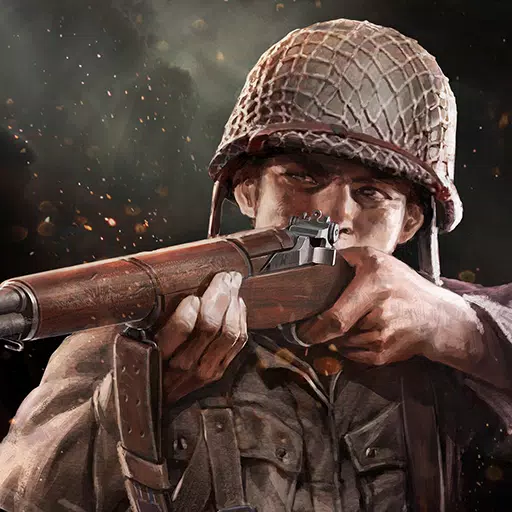

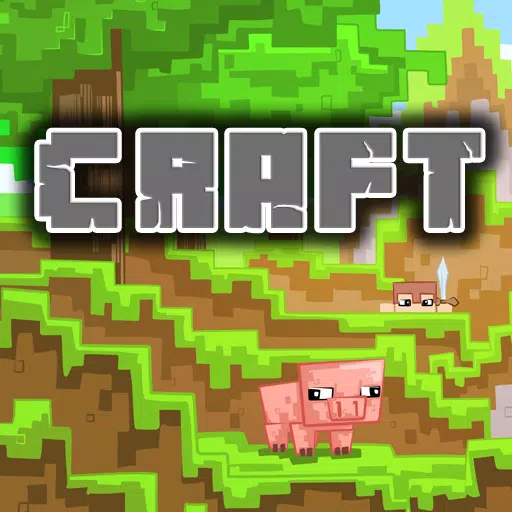
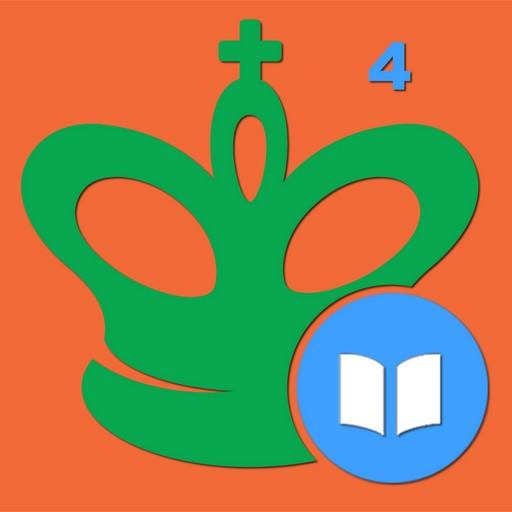
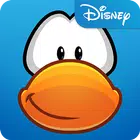
![[777Real]スマスロモンキーターンⅤ](https://images.0516f.com/uploads/70/17347837276766b2efc9dbb.webp)
